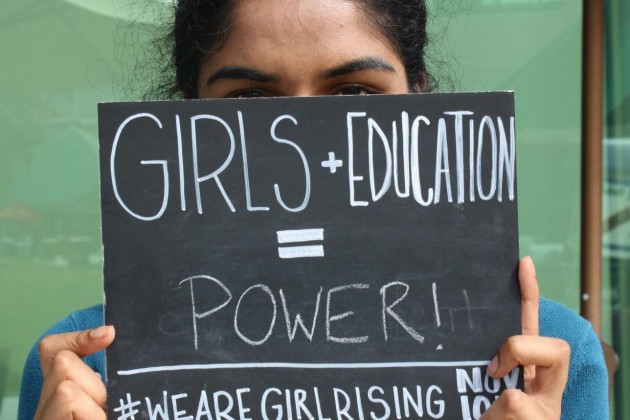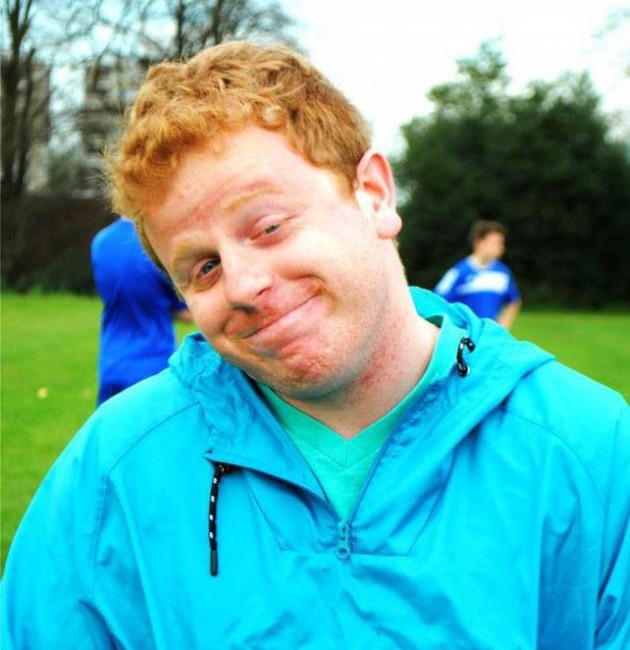Soundings: Girls Rising

Are men and women equal? In America, women may not be 100 percent equal, but they definitely have opportunities that girls around the world only dream about.
American girls can go to the same school as boys, get the same jobs and, for the most part are in control of their own bodies. In other countries, however, girls have nowhere near the abundance of opportunities we have here in the States.
In many developing nations, girls only dream of sitting in a classroom, listening to a lecture or staying up half the night writing a paper. Instead of getting an education, 14 million girls under 18 will be married this year. That means 26 girls are married every minute: girls who will not get an education and in many cases do not own their bodies.
A global campaign called “Girl Rising” is an effort to increase the education of women around the world through storytelling and partnerships. Their mission is to “change the way the world values the girl,” and part of their campaign is through screening the film “Girl Rising.”
As part of Women’s History Month, Castleton students had the opportunity to see sections of this film on Mar. 6 followed with a panel discussion by three students.
The full-length film involves the stories of nine girls from around the world who each face institutional obstacles to gaining an education. The film highlights the inequality they face as the girls live their daily lives.
While we struggle to make it to our 8 a.m. on time, little children like Wadley, an eight-year-old Hessian girl, break the law just to sit in a classroom.
Americans whine about having to go to high school, but Amina, a girl from Afghanistan, would rather be in high school than married at 11, forced to have children and hidden under a shroud.
Girls in other countries are raped, forced to work and seen as objects of pleasure for men when all they want is to learn. To them, education is health and safety. Education is status. Education is a way out.
The audience seemed impacted by this film and topic. As one member mentioned, this inequality does not only apply to girls. In developing nations, men take priority and have many more rights, but if women can be educated then it will benefit everyone.
The real question is; how do we make education accessible to all people of the world regardless of race, gender, sexuality, or culture?
There is no simple answer.
What you can do is appreciate your education and rights. Be proud of your intelligence and see it as a privilege. If we treat education like a joke then what does that mean for these girls who are dying because they desire to learn?
Melinda Mills, professor of women and gender studies, is responsible for bringing this film to Castleton. Her hope is that the event encouraged students to “consider how much better all of our lives would be if everyone had access to affordable quality education.”








